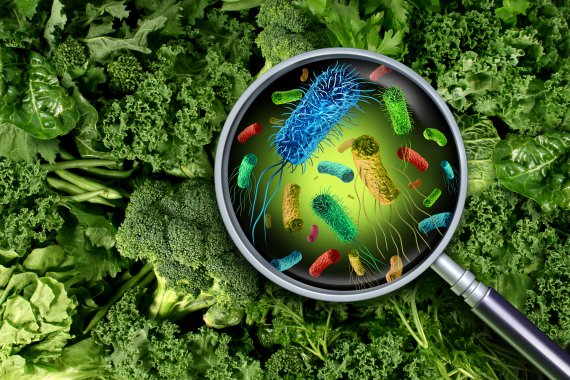‘Over the past century, the food industry has concentrated on microbial safety, says Van Boekel. ‘Which is understandable: food spoilage and food poisoning have been the main problem historically. Food safety has become the gold standard. But nowadays, we have made food very safe and we know more about other aspects of food quality, such as health, nutritional value and sustainability.’
Conservative
Yet Van Boekel sees a fairly conservative attitude in the food sciences and industry. ‘That is understandable: if something works, why would you fix it? But it’s a pity as well. Take the fermentation of products to stop the growth of bacteria. It works, but you then have to add sugar to make it taste OK, and that is not so healthy.’
Legal standards get in the way of innovations
Tiny van Boekel, emeritus professor of Product Design & Quality Management
Van Boekel and his colleagues argue for taking this kind of consideration into account so as to arrive at a balanced decision about innovation. They think food safety is too often prioritized at the expense of other aspects. Scientists and the industry should consider the options for improving these other aspects of food quality without affecting the safety of the food. The opinion piece setting out these views was published in Current Opinion in Food Sciences.
Legislation hampers innovation
The heart of the problem, says Van Boekel, is that legislation does not keep pace with reality, so it hampers new developments. ‘One example is the entrepreneur who is working on a new technology for pasteurizing milk. This pulsed electric field technologie kills micro-organisms but, unlike heating processes, leaves proteins and vitamins intact. Because it’s so time-consuming to measure bacteria in milk, an alternative method is used to see whether milk has been heated sufficiently: measuring certain enzymes which get broken down by heating in the same way as bacteria. The pulsed electric field technology doesn’t work with enzymes, so the test is pointless, but it is compulsory. It is difficult to prove the value of new conservation methods as long as heating remains the legal standard. Legislation is important, but it can be too rigid.’
The belief that food quality is all about safety is deep-rooted
Focus on safety
Food safety should always come first, says Van Boekel, but there is scope for optimizing other quality aspects of food. ‘It is important to develop new models which integrate aspects such as nutritional value and sustainability. We have better techniques and powerful computers with which we can model a lot more aspects of food quality. We ought to integrate those models better and link them to each other. I don’t think that possibility has got through to companies, nor to universities. The primary focus on food safety is still reflected in textbooks, and students are still being taught to think that way.’
New way of thinking
Van Boekel and his colleagues appeal to scientists, the business world, and legislators. ‘Companies, for example, could share more data. They don’t do that much at present, which partly has to do with company secrets, whereas the public interest is at stake here. It is perfectly possible to collaborate at the precompetitive stage, as the Top Institute Food and Nutrition has already demonstrated.’
Legislators could review the rules in the light of new scientific insights, suggests Van Boekel, and actively help think through how to build in innovative ideas. No easy task, says Van Boekel. ‘The belief that food quality is all about safety is deeply rooted. But, to paraphrase Einstein: We need to find new ways of thinking to deal with the problems caused by the old way of thinking.’

 Photo: Shutterstock
Photo: Shutterstock